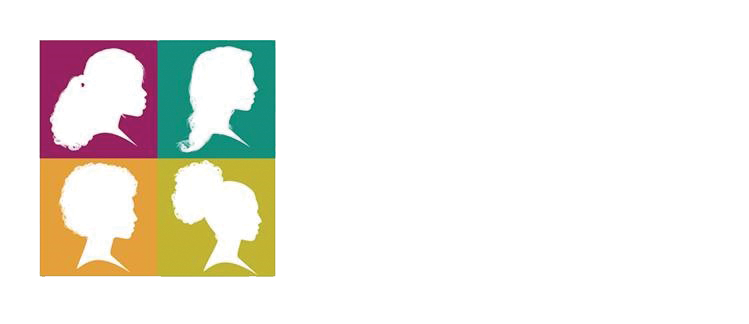Arson Attack
May 24, 2012
On May 24, 2012 the forces of white supremacy, whorephobia, patriarchy, and queerphobia took the form of an arson attack on Women With A Vision’s offices. The arsonist attacked just two months after WWAV’s groundbreaking win in the NO Justice Project in which WWAV worked in partnership with our legal team, led by Black feminist attorney Andrea J. Ritchie and Center for Constitutional Rights staff attorney Alexis Agathocleous, to challenge the Crimes Against Nature Statute that had landed hundreds of mostly poor, Black, queer and trans women on the state’s sex offender list for engaging in survival sex work.
Deon Haywood standing at the center of WWAV’s firebombed outreach office on May 25, 2012, the day after the arson attack. Photo by Eliot Kamenitz/Times-Picayune/Landov
The arsonists’ attack on WWAV’s offices, and the subsequent response from the police and city officials, followed the racial capitalism to a tee:
Isolate our community members from WWAV and all the support we offer by attacking our work and destroying our offices.
Blame WWAV and our work for the attack, with police asking before the smoke even cleared, “No, what I want to know is which one of the women who work or you is fucking a white man? Cuz see, what we think is, somebody—it could be somebody is mad at them. Or it could be one of these crackheads y’all helping.”
Criminalize WWAV and the communities with whom we stand, as the police seemed more interested in pinning the attack on the arsonist’s victims than finding the white male witnesses reported fleeing the scene. After Deon Haywood’s call with the police post arson she remarked, “There are moments like this that remind us how you’re criminalized in more ways than the media will ever show you.”
Destabilize WWAV’s community by destroying our offices, a place of reprieve that was home for folks for whom society provided few, if any, safe spaces.
Erase WWAV’s work by intentionally setting fire to valuable tools like our breast exam models, educational materials, and the posters and pamphlets we used to equip our community members with the knowledge they needed to survive.
Take our home base, our offices, from us.
“Breast exam models were gathered, carefully stacked and set on fire, as were models of uteruses, ovaries and the female reproductive system. Reproductive health displays and informational posters about HIV in African-American communities were torched. Closets filled with community resources, from toiletries to clothes to pamphlets, were charred.”
We responded by:
Working as accomplices to our community members, mobilizing to ensure that our work would continue no matter what. Additionally, our friends and local partners acted as our accomplices, securing us temporary office space in First Grace Church and hosting fundraisers across the country so that we could continue to provide the services our community depended on us for.
We refused to let the arsonist interrupt our sacred, life saving work understanding that Black feminist work has long been set afire by the people most threatened by the liberatory powers of Black feminism. Our foremothers continued on in the face of fire, and so did we.
In the immediate aftermath of the fire, speech became our lifeline, connecting the attack to the worldwide efforts to isolate, blame, criminalize, destabilize, erase, and take from people like us.
“… we had to reframe and fight the official narratives of the fire as a singular event instigated by someone within WWAV’s own network, which were rapidly being disseminated by police and city officials alike. Between the reality of WWAV’s grassroots organizing and the labor exerted to suppress, invisibilize, and exterminate it, there was a vast terrain to map.” —Fire Dreams: Making Black Feminist Liberation in the South, page 8
In the months after the attack, we had no choice but to move through our work as if the world were otherwise. First Grace offered free space to WWAV, a kindness that ensured the immediate survival of our programs. And while making condom packets and syringe outreach packets in one room while congregants shuttled in and out of the church just steps away was at times uncomfortable, it spoke to the possibility of a world where sex workers, substance users, and churchgoers not only shared space, but cared for each other in community.
“The majority of WWAV’s staff were not ‘churchgoing women.’ Our participants historically were the very people who were believed to be too far gone to be heaven-bound — people who sold sex, used drugs, cycled in and out of jail, and who stood unapologetically in these dimensions of their own experience. WWAV valued and affirmed their lives through risk-reduction (rather than saving-people) methodologies. For WWAV to be able to stay at First Grace for any length of time, state would have to work with First Grace congregation members to build a capacity for walking alongside people who were unchurched and in active addiction, and for seeing these people as powerful.” —Fire Dreams: Making Black Feminist Liberation in the South, page 171





